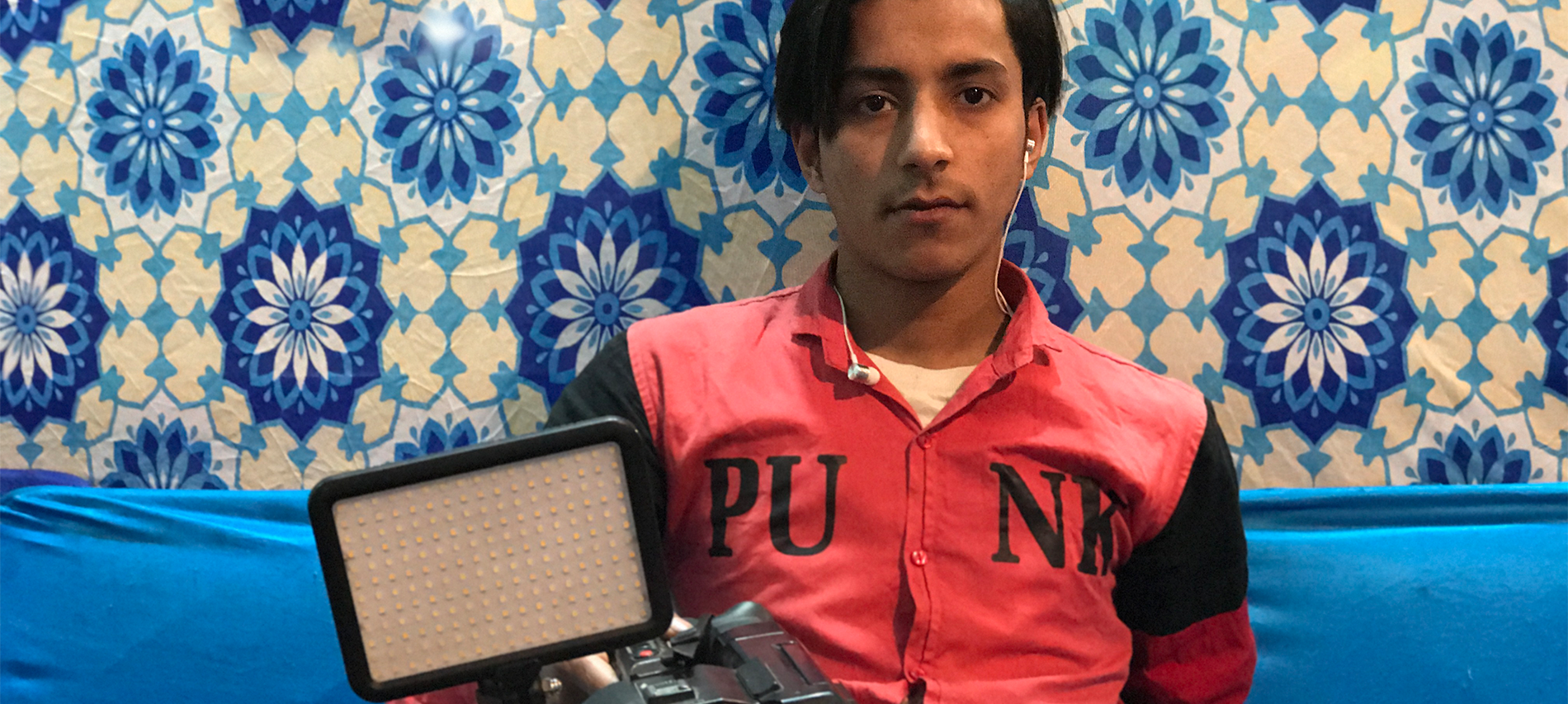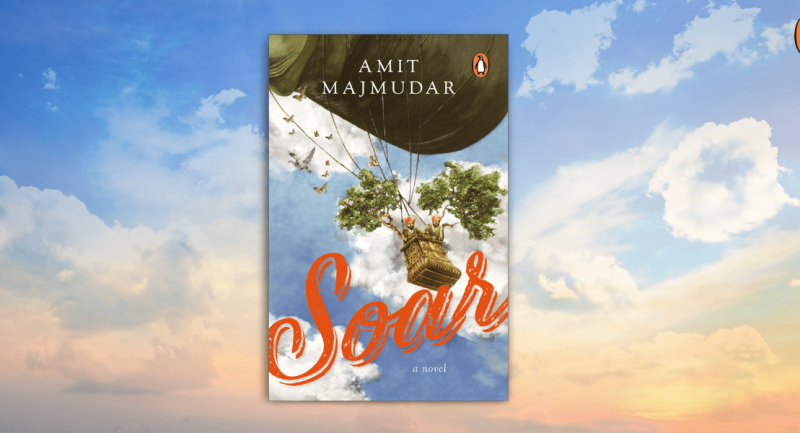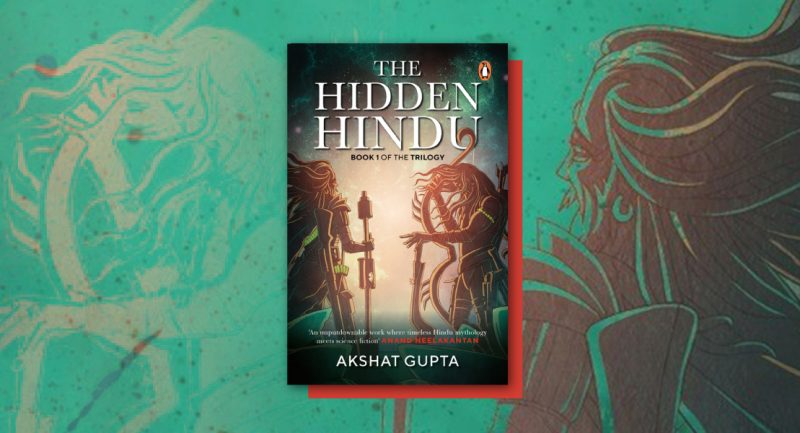
Snigdha Poonam is a journalist based in New Delhi. She currently reports on national affairs at the Hindustan Times. She won the 2017, ‘Journalist of Change’ award of Bournemouth University for a work of reportage that appeared on Huffington Post. Her first book, Dreamers: How Young Indians Are Changing Their World, talks about a generation that cannot – will not – be defined on anything but their own terms. They are wealth-chasers, attention-seekers, power-trappers, fame-hunters. They are the dreamers.
Here’s an excerpt from this powerful book.
——————————————-
It might be any other editorial meeting, in any of a million new clickbait start-ups: a set of editors huddled around a table to discuss what news and gossip to feed their audience next. The process is quick and brutal. Ideas are thrown around like bids on a trading floor.
Why your best friend is your true love, just like Mila Kunis and Ashton Kutcher.
This is what you need to know about Amanda—Justin Bieber’s new girlfriend.
How your face would look if you survived a car crash.
Fifteen times Donald Trump was trolled hilariously.
Fifteen minutes is all it takes the team to go over the whole range of American obsessions, from Kardashians to belly fat, from sex confessions to life hacks; and fifteen seconds is the average time they spend making a decision. Poor Amanda is peremptorily ditched for Victoria Beckham, who has just kicked up a parenting scandal by posting a photo on Instagram in which she is kissing one of her children. The editors opt for a bold stand, and argue the former Spice Girl did nothing wrong. Or, as the published article will later put it, ‘This is why kissing your kids on the lips is not a bad idea.’ They have a reason for choosing the story: ‘Child kissing is trending in the US,’ a young woman wearing black eyeshadow informs the room. The car crash idea is tweaked to imagine the impact of two car crashes on someone’s face at once. Everyone agrees it should only be a visual story. Americans, apparently, simply adore accident horror. Kim Kardashian loses out to Kylie Jenner. Another enterprising young woman volunteers a DIY experiment as research for the story ‘How to get lips like Kylie Jenner without going under the knife’. (‘Kylie Jenner lip challenge’ is also, apparently, trending.) No changes to the last item—Donald Trump is, of course, always hot. Ideas are approved not because of their news value but on account of how they appeal to base emotions. And in this quarter of an hour, these ten youngsters have tapped into the whole range of American emotional triggers: what excites Americans, what terrifies them, what makes them sad, and what makes them curious.
This isn’t an editorial meeting somewhere in the US. Everyone here is less than twenty-three years old, and they’re perched in an all-glass office in a shopping mall in Indore, a medium-sized city in central India. They’re deciding, a few hours before America wakes up, what it will read when it does.
They are hardly ever wrong—or so say the numbers. Millions of people visit their website, WittyFeed, every day. Of them, 80 per cent are foreigners and half these people are from the US. WittyFeed is one of the world’s fastest-growing content farms; over a billion people follow it on Facebook alone. The only website of its kind visited by more people is BuzzFeed, the world leader in viral content. Currently valued at only 30 million dollars, WittyFeed is giving itself a couple of years to beat BuzzFeed. That’s not its ultimate goal, though. What the plucky youngsters who run it want to do is to build the world’s largest media company (‘bigger than BBC, CNN’). How do they hope to do it? By following their maxim: ‘It’s emotion that goes viral.’
Few people have heard of WittyFeed, even in India. The only reason I’m here is because I noticed its crazy numbers: 82 million monthly visits, 1.5 billion page views, 170 million users, 4.2 million likes on Facebook. WittyFeed is news by the same parameter that it uses to define news: the WTF factor. How can a bunch of kids in a small Indian town who have never seen the world dream of ruling it by simply getting the internet better than anyone else?










